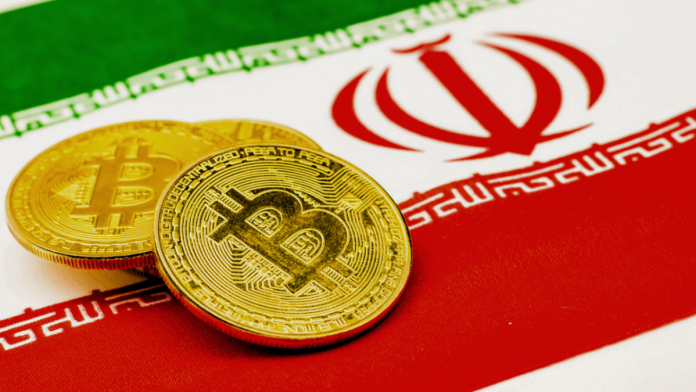The United States has imposed sweeping new sanctions targeting Iranian financiers and a network of foreign companies accused of helping Iran move oil revenue through cryptocurrency. The action reflects Washington’s growing concern about digital assets being used to bypass international rules and fund activities restricted under U.S. sanctions.
According to the U.S. Treasury Department, Alireza Derakhshan and Arash Estaki Alivand were central figures in a scheme that moved more than $100 million in cryptocurrency connected to Iranian oil sales. The funds reportedly flowed through companies in Hong Kong and the United Arab Emirates before returning to support Iran’s government operations and its military apparatus.
The sanctions freeze any U.S.-linked assets owned by these individuals and bar American citizens and businesses from conducting any transactions with them. This action is based on an executive order first introduced during the Trump administration, which aimed to reduce Iran’s oil exports to zero as part of a maximum-pressure campaign.
Bhutan’s steps toward regulated cryptocurrency use and digital payments
Officials emphasized that this step is part of a broader strategy to pressure Iran financially by targeting not just its oil exports but also the global financial networks that allow Tehran to move money covertly.
Crackdown Targets Global Financial Networks
The U.S. crackdown also extends to a dozen companies and individuals operating outside Iran. Many of these entities are alleged to have acted as intermediaries, facilitating the movement of funds and helping Tehran disguise its oil revenue. By sanctioning these actors, Washington intends to make it more difficult for Iran to inject these funds into global markets undetected.
Treasury officials highlighted that Iran increasingly relies on cryptocurrency and other alternative channels to bypass conventional banking systems. “This action underscores our determination to counter Iran’s efforts to exploit the global financial system, including the use of cryptocurrency,” the Treasury Department said. Cooperation with foreign governments and international regulators is viewed as essential to stopping these networks from operating freely across borders.
Lukashenko seeks legal rules for booming crypto trade as $3B flows through exchanges amid sanctions
These sanctions are part of a continuing U.S. effort to cut off the financial lifelines that support Iran’s government and military. By targeting both the individuals and the companies involved, Washington signals that involvement in these schemes carries serious consequences, including potential financial isolation from the U.S. and its allies.
Cryptocurrency Under the Spotlight
The rise of cryptocurrency has introduced new challenges for enforcing sanctions. Blockchain technology, the foundation of digital currencies, can offer transparency but also allows a degree of anonymity depending on how transactions are structured. Experts note that this duality makes it easier for countries under sanctions, such as Iran, to move money in ways that are difficult for regulators to track.
$5 million in crypto stolen through SIM swapping and casino laundering targeted by DOJ
Recent data from blockchain analytics indicate that sanctioned jurisdictions received billions in cryptocurrency last year, with Iran being a significant recipient. This represents a substantial portion of all illicit crypto activity worldwide. U.S. officials have consistently warned that digital currencies can be exploited to bypass restrictions and finance groups connected to terrorism.
Earlier this year, the U.S. targeted networks that disguised Iranian oil exports as shipments from other countries and linked to Hezbollah-affiliated companies. The new sanctions continue this approach, emphasizing that moving money through cryptocurrency does not shield individuals or companies from U.S. enforcement actions.
By targeting both the oil trade and the digital technologies facilitating it, the United States is tightening financial pressure on Iran and signaling that it will not allow cryptocurrencies to become safe havens for sanctions evasion.


